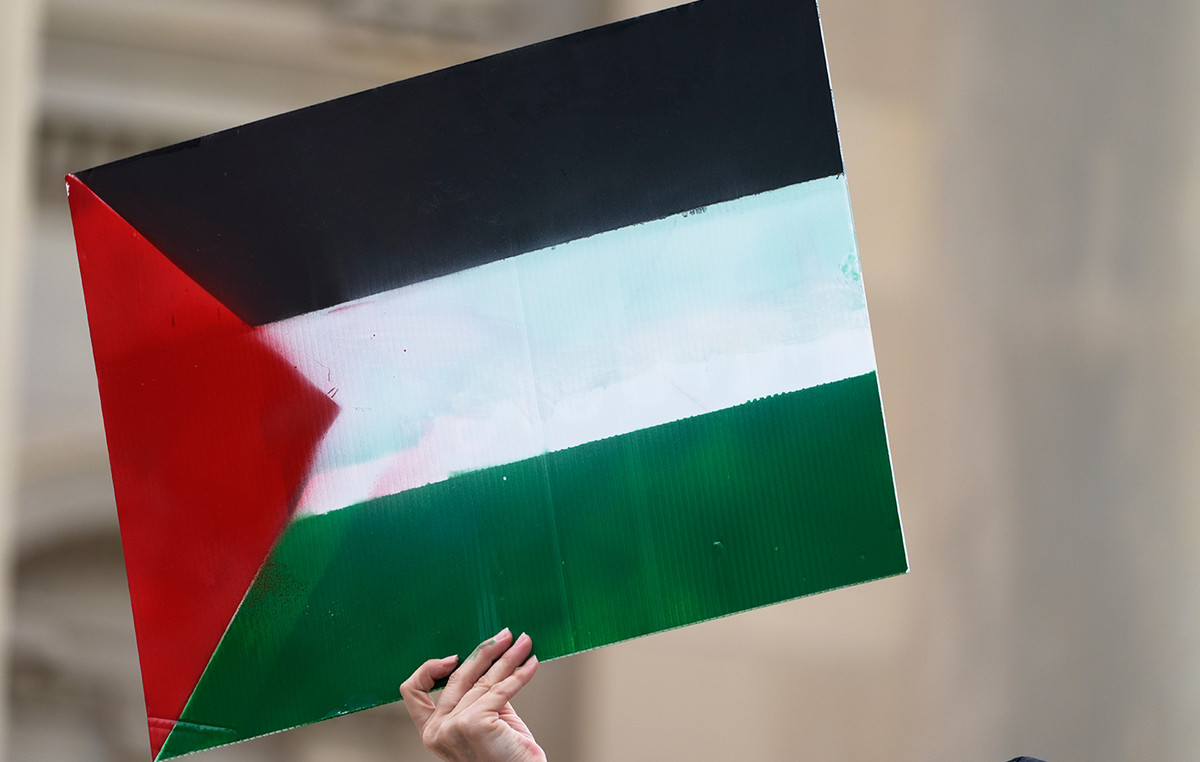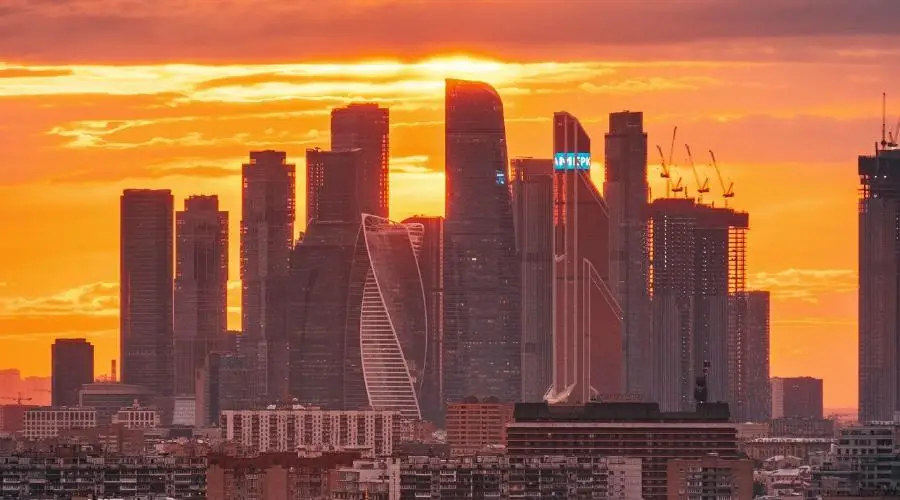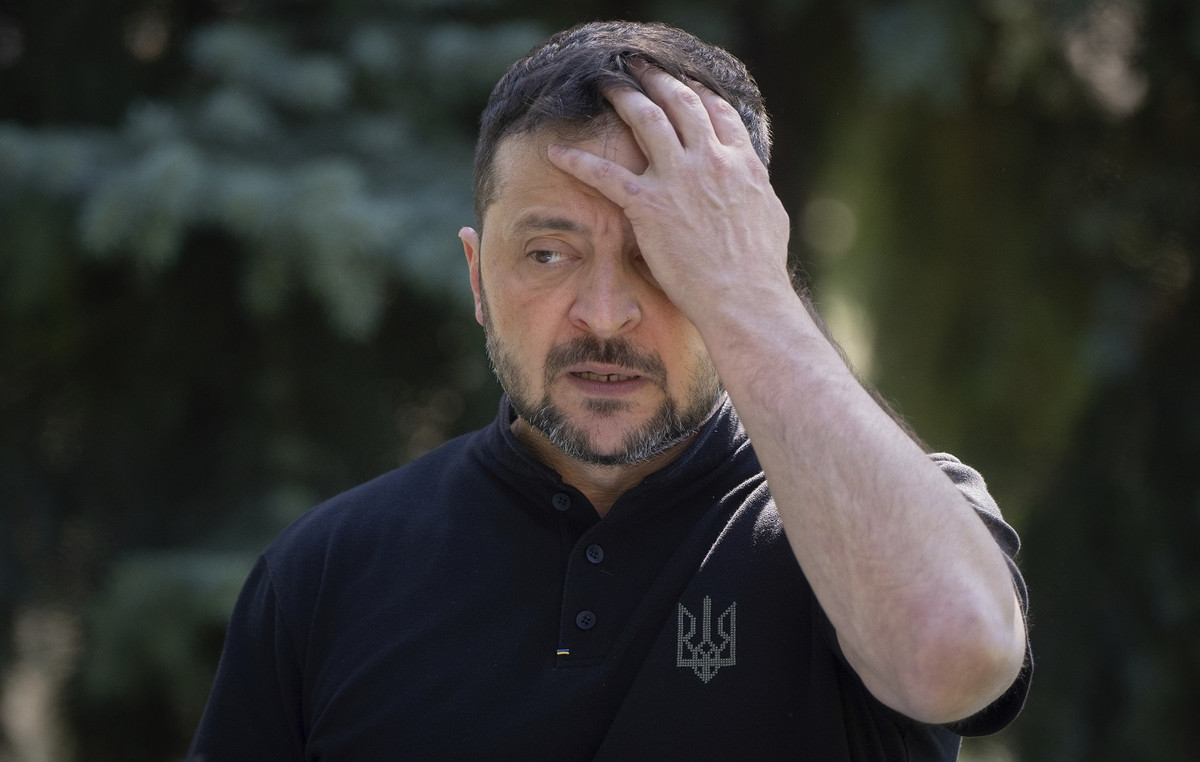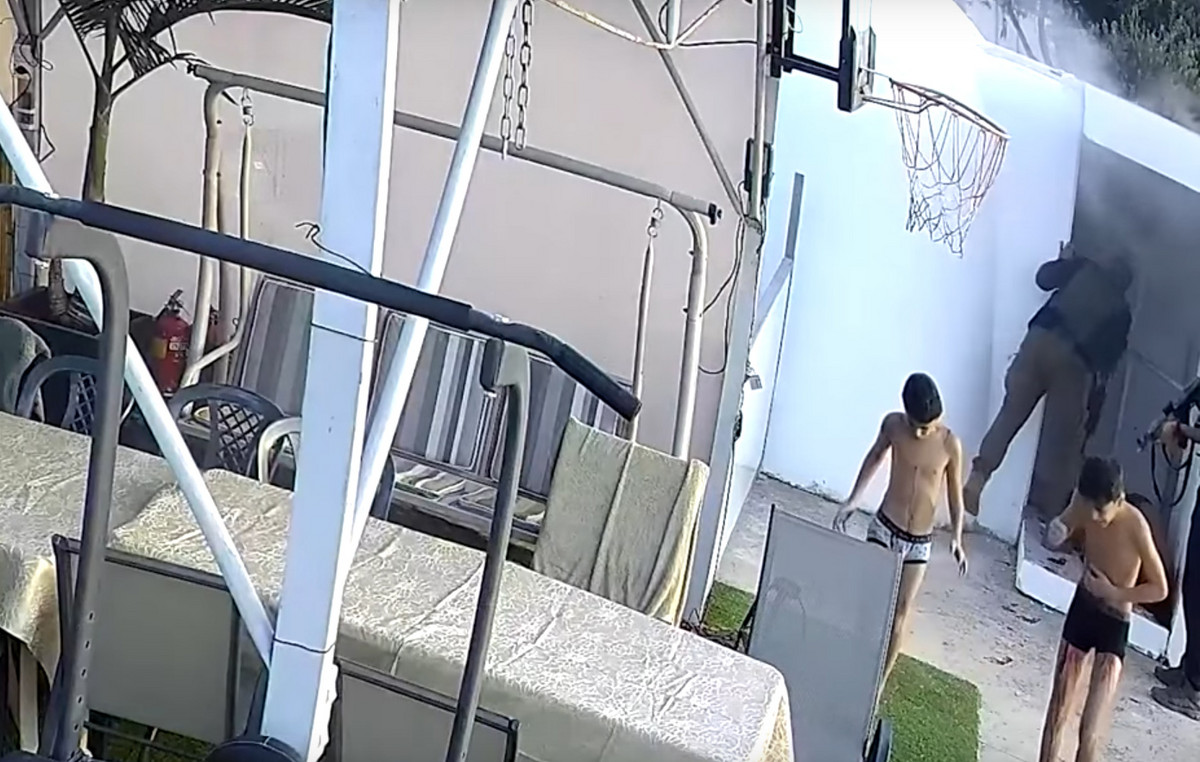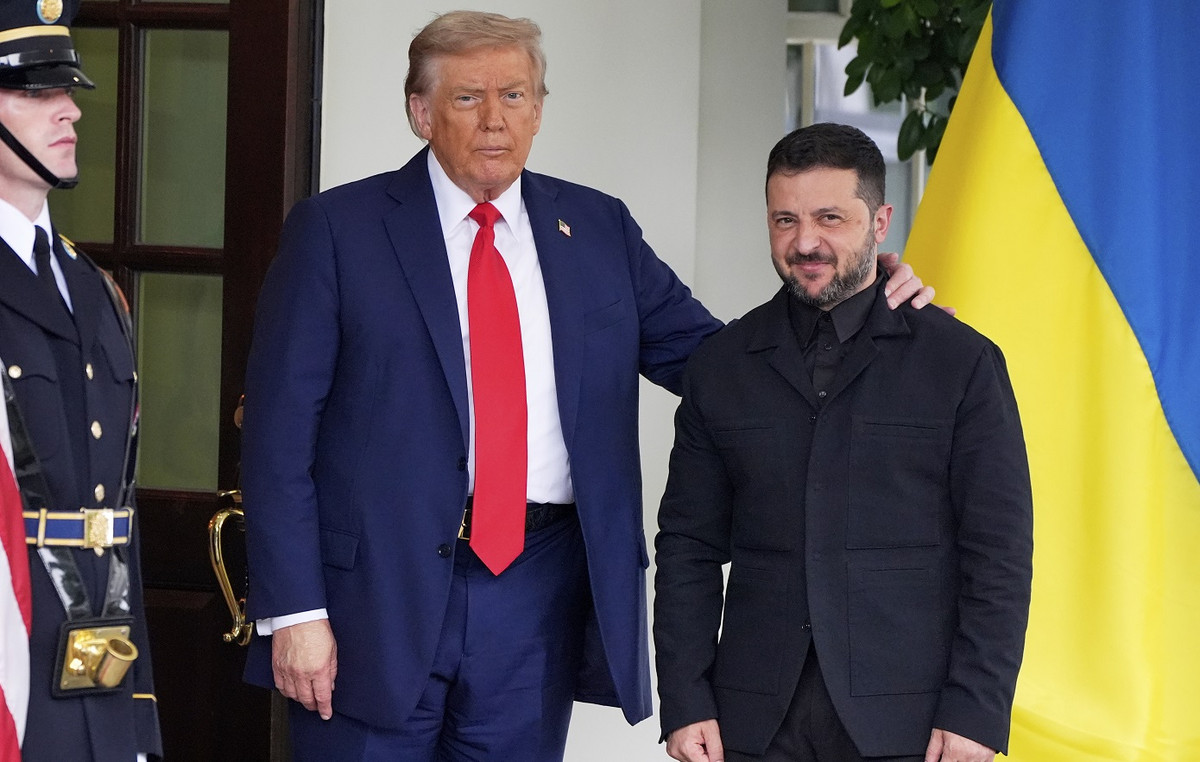I leave Moscow angry and sad.
It feels like a passage from darkness to light, but friends are left behind trapped in one man’s limited vision.
Russian President Vladimir Putin is not just destroying Ukraine, but two nations, condemning Russians to an isolation they did not necessarily choose.
Over the past couple of months, while reporting from Moscow, I have met many people who have been horrified and shocked by Putin’s rampant aggression.
Some believed him when he said he would not invade Ukraine. Some even knew people in the Kremlin’s inner circle and thought they understood the president’s limits, but now that trust is gone and they fear he has no limits.
What makes Putin’s actions even more irritating is how he carried out his plot in plain sight. Distracting with one hand, fixing attention on diplomacy, even falsely insisting that its mass troops were conducting exercises on Ukraine’s borders.
Ordinary Muscovites did not even flinch when he perpetrated this betrayal by marching the nation to war in a cocktail of carefully prepared grievances.
Putin has spent years building a false narrative along with his empire. The wishes he was denied, such as NATO’s withdrawal to the 1997 lines or a ban on Ukraine’s membership, were the fault of the West, he said.
But if Putin believed that Russia’s security was threatened and that the modern Western world was against him, the truth is that he has never adjusted to the changing dynamics of the 21st century.
a taste of freedom
My first visit to Moscow took place in 1990, shortly after the Iron Curtain began to fall. I had seen the Berlin Wall come down the year before, heralding the reunification of East and West Germany, and I was in Bucharest shortly afterward when Romanian President Nicolae Ceaușescu was deposed.
At that time, a pack of American Marlboro cigarettes on the side of the road outside the CNN on the imposing Kutuzovsky Prospekt I would give you a cab ride, another pack would pay for a haircut. Moscow was finally connecting to the world; our office had phone lines that I helped install as a young engineer that were direct satellite extensions to our Atlanta switchboard.
During those long, bright summer days, the last leader of the USSR, Mikhail Gorbachev, gave our network permission to erect a stage on Red Square in the center of the Russian capital. We were the first Western media to broadcast live from the legendary military parade ground, just meters from Lenin’s Tomb, in the shadow of the Kremlin’s brick walls, and witnessed the last Party Congress of the Soviet Union.
The world was changing, the Cold War was melting, new horizons beckoning, and a generation of Russians was about to taste the freedoms they so desperately wanted.
Seven years later, I helped Gorbachev – who had been ousted from power shortly after our Red Square debut, and succeeded by the alcoholic Boris Yeltsin – climb a rickety iron staircase to another live stage atop a sleek new hotel in the city. western chain where we were covering the elections that year. Democracy seemed close.
Nights in Moscow in 1997 were wild, with revelers dancing – and often – in bars. The country was on a journey, with vast fortunes to be made, newly created oligarchs, KGB apparatchiks became mafia dons by acquiring state assets, and Putin was paving his way to power.
In the closing minutes of the 20th century, Yeltsin took Putin out of the corrupt Kremlin milieu to replace him as Russian president — and in return, Yeltsin, who fought allegations of corruption, was granted immunity from prosecution.
For a while, after Putin rose to power at the turn of the millennium, there was a glimmer of Russia’s new leader, but it didn’t last long. With unbridled passion, he soon seized on nationalism, embraced imperial nostalgia, and the conservatism of the Russian Orthodox Church fueled Soviet-era suspicions of Westerners and smothered dissent. None of this was done to make Russia a better place to live; it just made it easier for him to rule.
He quickly shed all vestiges of the liberal skin that he readily admits was never his own: in his mind, the collapse of the Soviet Union had been a national disaster and one he intended to correct. And while he came to power promising to root out corruption, in reality it only got worse under his rule.
This year, while I was in Moscow covering the build-up and outbreak of war in neighboring Ukraine, it became painfully clear to me that, just as the Nazis did in Germany during the 1930s and 1940s, Putin made laws at their behest. And, like many strongmen before him, the Russian president is ruthlessly releasing the complacent and accomplice state apparatus he has built, to dutifully enforce.
In short, all your wishes are promptly carried out.
a burning rage
In recent days, Moscow’s clogged arteries have pulsed with blue lights from police vehicles of all shapes and sizes, from lowly traffic wardens to heavy trucks laden with recently arrested protesters, their blaring sirens insisting that traffic give way to them as they go. advanced.
As more Ukrainian cities crumbled under Russian bombing, cops at home applied Putin’s Orwellian warrant to crush any sympathy for their neighbors. Across Russia, more than 1,000 protesters a day were arrested during the first week of the war.
We have seen young and old, men and women being hit through the body, arms bent painfully back, faces slammed to the ground, legs kicked by a well-trained, well-paid, menacing human machine. A branch of the state was cultivated for this purpose, and is now being steadfastly exercised.
There is a burning rage when you see what is happening in Ukraine and Russia, knowing that innocents will suffer, and you find your voice strangled and struggling to scream against the obvious fabricated insanity of Putin’s justification for war.
Every outrageous morally repugnant act witnessed is another coal to that inner fire. Every freezing night that protesters are arrested for daring to question Putin’s war, daring to express their own opinions, turns to raging flames.
This too, like the war in Ukraine, is autocracy’s challenge to democracy, where freedom meets brute force and cynical law.
Putin has shaped the Russian state entirely in his image, a move that will not be easily corrected. Most are intimidated, accomplices are too many to reverse their actions, their sanctioned cronies warned to swallow their anger and take losses for the team like true patriots.
In the riot police’s side streets, anti-war protesters smothered their feelings as they told us their agonies, of “loving Russia”, “hating Putin” and divided over wanting to be “anywhere” but here.
Putin has sowed a bitter harvest, with international condemnation reinforcing his ways, strengthening his hand in silencing the reluctant. Independent media, in jeopardy since Russian security services allegedly poisoned opposition leader Alexey Navalny nearly two years ago, is suddenly suffocating under tough new media laws that muzzle any criticism, punishable by up to 15 years in prison.
Less than a month before Putin’s invasion, I met anchor Ekaterina Kotrikadze of TV Rain, one of the last independent broadcasters. Her words then were prophetic: “You can never be sure that tomorrow your TV station will still be alive, on the air and broadcasting.”
Days after the start of the war, Putin closed it. Kotrikadze, an eloquent voice for Russia’s bright hopes, is now on the run, out of the country, with her editor husband and their smart children. The country is darker without them.
Putin’s so-called “Special Military Operation” in Ukraine looks like all his previous wars: Syria, Chechnya and Georgia. Lives crushed, cities blindly destroyed by rockets and artillery shells to satiate his sight.
It’s impossible to know where your anger ends, in Ukraine or beyond. Putin insists that Ukraine is not a real country and, in fact, part of Russia, but will he stop even if he conquers it? Or is NATO, as he claims, the real problem, suggesting that it could stop at the border of the Western military alliance? Will there be a new Iron Curtain or will World War III explode like the last – of one man’s conniving calculating desires?
In Moscow there is no need to answer that. On the way to the airport, I saw what appeared to be Putin’s storm pass at breakneck speed in a burst of flashing lights and sirens, traffic in his direction barred from the road. It was a timely reminder, if I ever needed one, of an undisputed emperor in his grasp.
Part of the pain of seeing all this is knowing that much of Russia’s vast wealth of intellect and resources remains untapped. Meanwhile, a man and his cronies are destroying the country.
What I know for sure as I leave, and I will continue to cling to all the terrible days Putin is about to inflict, is that this is his war and not Russia’s. The question facing the world today is how to make this distinction clear.
Source: CNN Brasil
I’m James Harper, a highly experienced and accomplished news writer for World Stock Market. I have been writing in the Politics section of the website for over five years, providing readers with up-to-date and insightful information about current events in politics. My work is widely read and respected by many industry professionals as well as laymen.

